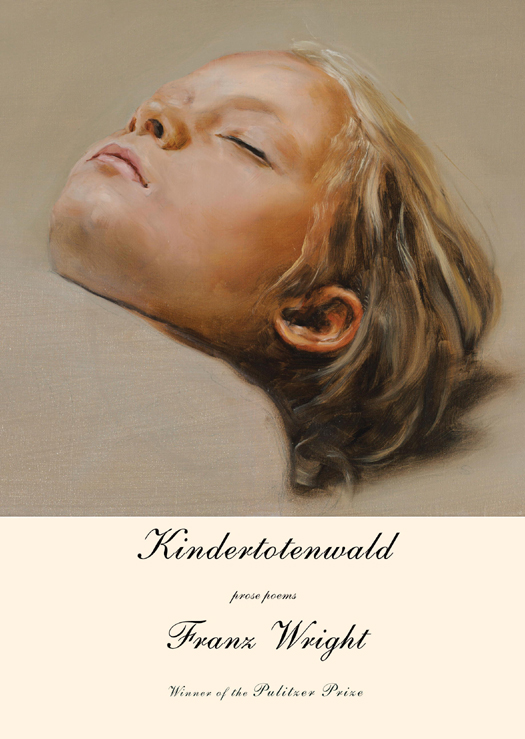
Kindertotenwald
- اطلاعات
- نقد و بررسی
- دیدگاه کاربران
نقد و بررسی

September 19, 2011
Wright has written frequently of his father, the poet James Wright (1927-1980). His 12th book, all in prose, takes its title from Mahler’s Kindertotenlieder, and has its English equivalent in something like “Dead Children’s Wood.” It imagines a son’s life as a kind of living death, one that, as its end nears, has become a forbidding forest of memories where people, places and eras blur together, united by the ’poet’s loneliness and abjection, and, savingly, by the kind of humor that permits endurance: “Sooner or later, like most everyone, I will get down on my hands and knees baa-ing obligingly, offer my throat to the knife, and move on.” In the meantime, the poet fuses Neitzsche’s final moments of sanity; “Husserl’s suspension of belief strategy”; bouts of vomiting before watching CNN; fantasies of a “child psychiatrist” (who “will not be seeing any patients this evening… until she has finished her homework”); dilations upon religious figures, Basho, Kierke-gaard; and walks “On My Father’s Farm in New York City” into a kind of continuous diaristic fairy tale. The result is a set of sad and engaging “I do this, I do that” poems spanning a lifetime spent in search of something, and someone, lost: “I look up, and still you are still nowhere to be seen, still unfound.”

September 15, 2011
Like his father, James, Franz Wright garnered the Pulitzer Prize for poetry (in 2004 for Walking Martha's Vineyard). The title of his fifteenth collection means, literally, Child-death-forest. Given the variety of subjects of these prose poems, other titles are suggestedDeath of a Child's Forest, Dead Child's Forest, Child's Dead Forestto embody a theme. While Wright, born in Vienna, has published three volumes of translations of Rilke, this volume's grotesque imaginings and surreal juxtapositions, made more surreal by their matter-of-fact, at times serene, tone, are reminiscent of the prose poems of the Austrian poet Georg Trakl. These works are as pleasing and nauseating as a slick of gasoline on a puddle; as disturbing as bending over still water and discovering another face reflected there; as ecstatic as born blind, our faces bathed in God's shadow, the sunlight. In pushing against the boundary of meaning, which is etymologically related to moaning, Wright sometimes fails, becomes nonsensical. But he swings for the fences.(Reprinted with permission of Booklist, copyright 2011, American Library Association.)




دیدگاه کاربران